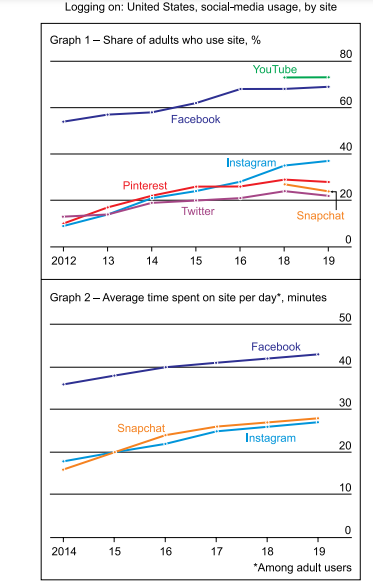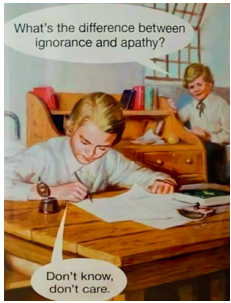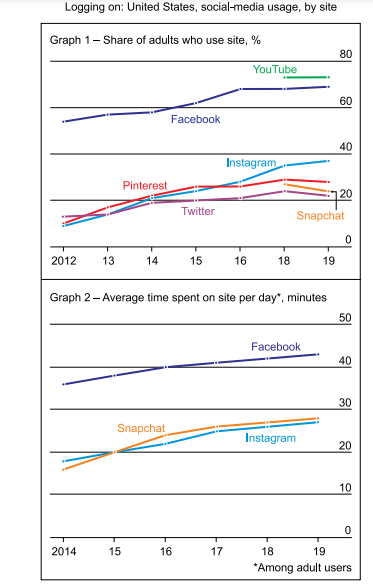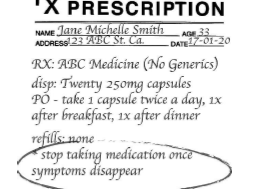Leia o texto a seguir para responder à questão.
McDonald’s new paper straws – described as “eco-friendly” by the US fast food giant – cannot be recycled. Last year, it axed plastic straws, even though they were recyclable, in all its UK branches as part of a green drive. But the US fast food giant says the new paper straws are not yet easy to recycle and should be put into general waste. McDonald’s says the materials are recyclable, but their thickness makes it difficult for them to be processed.
The firm switched from plastic straws to paper ones in its restaurants in the UK and Republic of Ireland last autumn. The straws are manufactured by Transcend Packaging, based in Ebbw Vale, South Wales.
But some customers were unhappy with the new straws, saying they dissolved before a drink could be finished, with milkshakes particularly hard to drink.
“As a result of customer feedback, we have strengthened our paper straws, so while the materials are recyclable, their current thickness makes it difficult for them to be processed by our waste solution providers, who also help us recycle our paper cups,” a McDonald’s spokesman said.
The firm said it was working to find a solution, and that current advice, as first reported by The Sun, to put paper straws in general waste was therefore temporary.
“This waste from our restaurants does not go to landfill, but is used to generate energy,” the company added.
A petition by irate McDonald’s customers to bring back plastic straws has so far been signed by 51,000 people. The restaurant chain uses 1.8 million straws a day in the UK, so the move to paper was a significant step in helping to reduce single-use plastic. Some single-use plastic products can take hundreds of years to decompose if not recycled.
Extracted from BBC News, 5th of August, 2019 (https://www.bbc.com/news/business-49234054)





